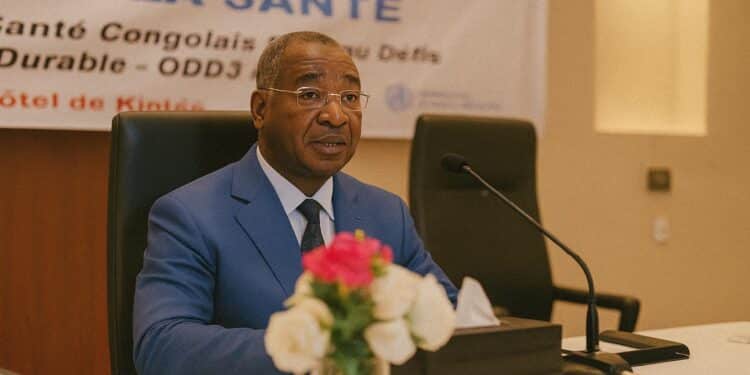A long-awaited national health conclave
Few gatherings in recent Congolese history have carried the symbolic weight of the National Health Council that met in Brazzaville from 16 to 18 July 2025. Convened for the first time since 1984, this three-day session assembled policymakers, clinicians, donors and civil-society actors under the stewardship of Health and Population Minister Jean-Rosaire Ibara. The hiatus of four decades, punctuated by demographic pressure and recurrent epidemiological shocks, gave the deliberations an air of urgency and renewal. Participants were guided by a unifying objective: to align national health governance with Sustainable Development Goal 3 while preserving the guiding principle of equity that the minister described as “a moral imperative and a foundation of social cohesion”.
Financing and governance at the forefront
Central to the Council’s recommendations is the call for a more predictable and transparent financing architecture. According to the most recent IMF Article IV consultation, public health expenditure in Congo stands at approximately 2.4 percent of GDP, below the 5 percent benchmark advocated by the Abuja Declaration (IMF 2024). Delegates proposed a gradual increase in budgetary allocations coupled with performance-based disbursement mechanisms to protect frontline services from commodity-price volatility. Equally pivotal is the decision to formalise the Council itself as a statutory advisory body, mandated to conduct periodic reviews and issue evidence-based guidance—thereby shielding health policy from the ebb and flow of the electoral calendar.
Human resources and infrastructure gaps
While Brazzaville is host to the World Health Organization’s Regional Office for Africa, the national nurse-to-population ratio remains below the continental average (WHO 2023). Delegates therefore urged an accelerated recruitment drive, expansion of paramedical training institutes and a retention package targeting rural postings. On infrastructure, aerial images released by the National Institute of Statistics reveal that nearly one-third of district hospitals operate with diagnostic equipment older than fifteen years. The Council endorsed a phased re-equipment plan financed through concessional loans negotiated with multilateral partners and supported by a ring-fenced maintenance fund aimed at avoiding the pitfalls of past capital-heavy but maintenance-light projects.
Public-private synergy and community engagement
Mindful that over 40 percent of outpatient consultations already occur in private or faith-based facilities (World Bank 2024), the delegates advocated a regulated public-private partnership framework. The proposal includes contractual arrangements for maternal and child health packages reimbursed through a forthcoming national insurance scheme. Grass-roots representation was equally prominent: community health workers, long regarded as the connective tissue of the system, are set to receive digital tablets for real-time reporting of surveillance data. Minister Ibara insisted that this bottom-up flow of information would make policy responses “proactive rather than reactive,” a position echoed by representatives of the Congolese Red Cross.
Climate resilience and health security
The Republic of Congo’s coastal plains and forest hinterland have experienced three major flooding events since 2020, each precipitating spikes in water-borne diseases. In response, the Council placed climate adaptation at the heart of its final communiqué. Recommendations include integrating early-warning meteorological data into epidemic-preparedness dashboards and constructing elevated cold-chain warehouses in flood-prone districts, a measure supported by Africa CDC risk-assessment models (Africa CDC 2024). Such initiatives dovetail with the government’s broader Nationally Determined Contribution, positioning health as both a beneficiary and driver of climate action.
Measured optimism on the road to SDG 3
Stakeholders left Brazzaville neither complacent nor pessimistic. International observers from UNICEF noted recent gains in immunisation coverage—up nine percentage points since 2021—yet cautioned that progress remains fragile without sustained financing. For their part, domestic civil-society groups welcomed the Council’s emphasis on accountability but underscored the importance of publishing annual scorecards accessible to the public. In closing remarks, Minister Ibara underscored the government’s commitment to “transform ambitions into concrete actions for our population,” signalling that an implementation decree would be issued before year-end. If fully enacted, the Council’s platform could render Congo’s health system more resilient to pandemics, economic headwinds and climatic shocks, thereby aligning national destiny with the universal aspiration encapsulated in Sustainable Development Goal 3.











































